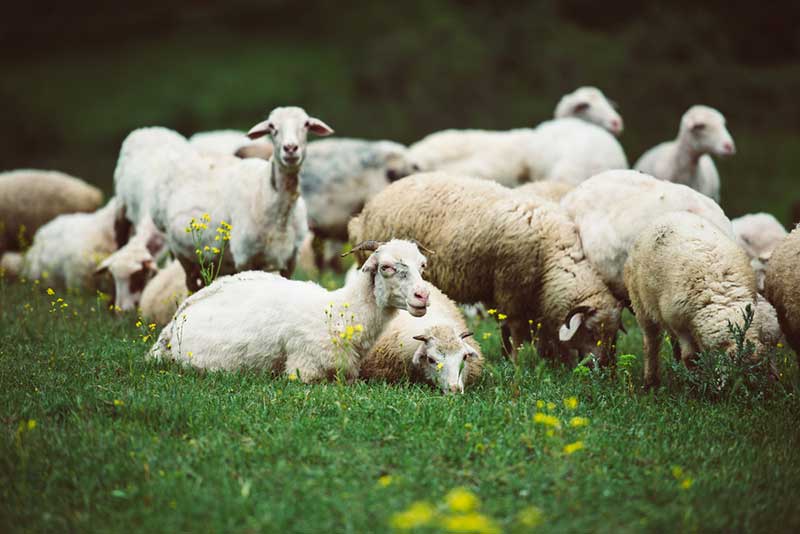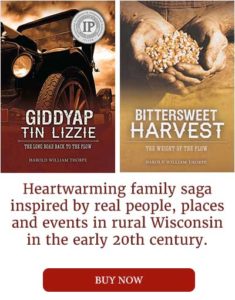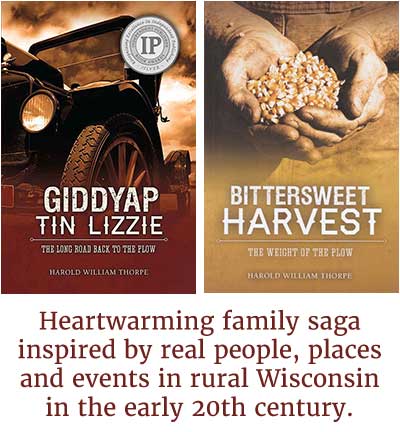My cousin Wayne Paull lived his youth on southeastern Colorado’s prairies. As people would say back in those days, his family was “poor as church mice.” His father, my Uncle Earl, was debilitated from a long bout of TB followed by a serious injury, both impeding him for the rest of his life. Everyone in their family needed to help make “ends meet.”
Young Wayne was ready to do his part when asked to assist an old Basque sheep herder, helping to manage five hundred woolies throughout the summer. This was before the Taylor Grazing Act was enacted, so they were allowed to do itinerant grazing.
Before the Taylor Act, sheep owners moved their sheep by rail, grazed them on public lands throughout the summer, and then sold them in fall without having owned any land. Wayne and the old herder worked for a man doing this. Later that summer, they helped drive the woolies to their owner at a Denver and Rio branch line and loaded them for shipment elsewhere.
A history of cattlemen assaults worried sheep herders, so they kept to the high ground as much as possible—grazing land fit for the woolies but not for cattle. Sheep had been killed, and herders threatened and murdered. Generally, Spanish sheep men avoided fighting back, but not the Basques. That’s why Wayne’s old man carried a thirty-thirty rifle wherever he went. But he wanted to avoid trouble, so he kept to the higher ground over by Pueblo.
Wayne threw a few clothes into a grain sack, piled his collection of Zane Gray books on top—tattered books that he’d already read three or four times—and then he, the old herder, and his dogs were off for a summer adventure.
They rose before daylight each day and retired with the sun. Wayne said he had a grand time helping keep sheep together while they grazed during day. And he loved reading Zane Grey stories each night. He saved the grease from the morning’s bacon fat and soaked an old rag in the grease each night. After putting a match to it, it became his reading light after darkness settled in. He’d read the books so many times that he almost knew them by heart. Zane Grey’s heroes were Wayne’s heroes, so he enjoyed any time they spent together.
Because they’d struggled together, Wayne happily gave his parents the few dollars he’d earned.
You’d think that those hard days with little money, and sometimes almost starving, would be days that Wayne would want to forget, but not so. Until the day he died, he claimed that those were the best days of his life.









